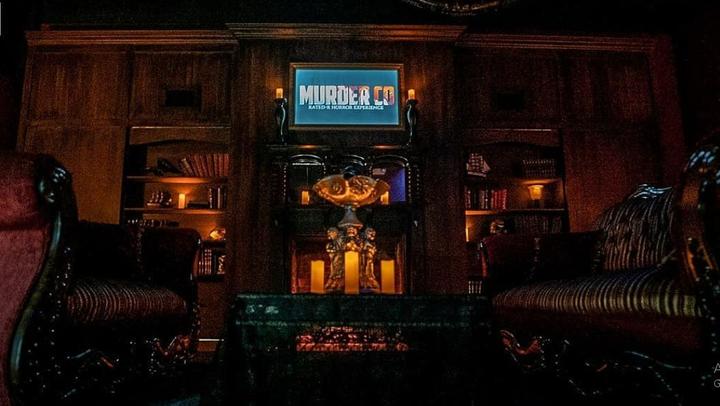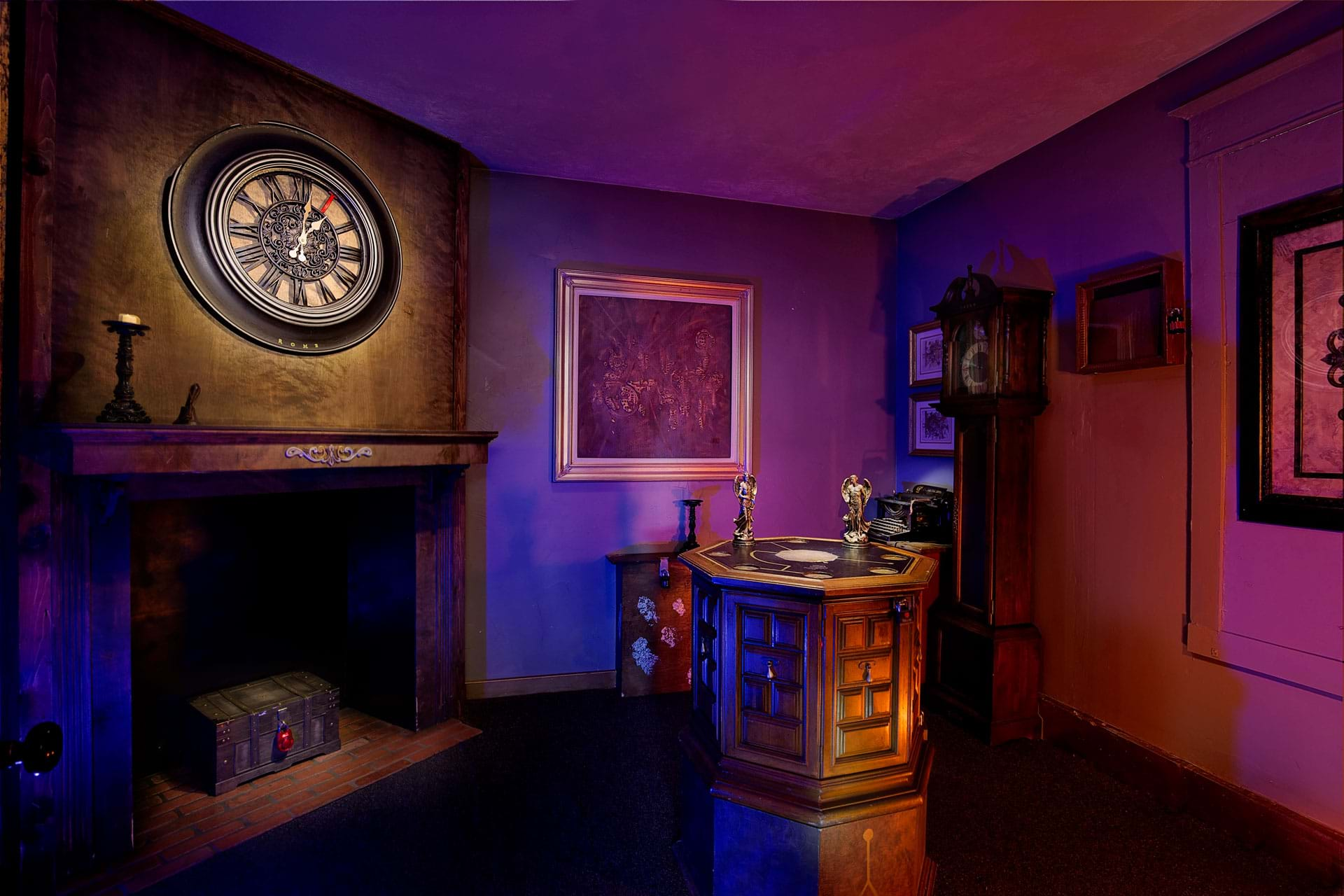Group Techniques: Exactly How to Team up Successfully in a Getaway Room
Navigating the intricacies of an escape area necessitates greater than simple interest; it requires a well-coordinated strategy based in clear interaction, calculated role tasks, and adept time administration. Groups must proactively listen to each member's insights, designate functions that align with specific toughness, and preserve routine check-ins to ensure emphasis and stop redundancy. By cultivating a setting that values cohesion and versatility, groups can dramatically heighten their effectiveness and success rates. The nuances of these approaches can transform the experience, however exactly how specifically can they be executed to maximize the potential for success?
Establish Clear Interaction

To facilitate clear interaction, it is vital to assign a central factor of call for information circulation. Brief, focused updates from each team participant can maintain the team notified without overwhelming them with info.

Appoint Duties Strategically
While clear interaction sets the structure for efficient synergy, designating functions tactically makes sure that each group member's toughness are made use of properly. In an escape room circumstance, the time-sensitive and complex nature of challenges demands a well-organized technique to job delegation. By recognizing and leveraging specific expertises, teams can maximize their analytic abilities and boost general efficiency.
First, assess the special abilities and attributes of each participant. For example, somebody with a keen eye for detail could master discovering concealed objects, while a rational thinker can be better suited to resolving challenges - best escape room. It's similarly essential to have a leader that can supervise development, handle the timeline, and make crucial calls when necessary. This duty commonly calls for solid organizational and interpersonal skills.
Second, make sure that functions are versatile and versatile. As brand-new obstacles emerge, the team needs to be able to pivot, reallocating tasks as called for. This versatility assists maintain energy and avoids traffic jams that might take place as a result of inflexible role tasks.
Inevitably, a strategic approach to duty task not only makes the most of the staminas of each staff member but likewise fosters a cohesive environment, driving the team towards an effective retreat.
Make Use Of Diverse Skills
Recognizing and harnessing the varied skills within your team can dramatically elevate your performance in an escape space. Each staff member brings special staminas to the table, and effectively leveraging these capacities can expedite problem-solving and boost total efficiency. A group member with solid logical skills may succeed at deciphering complex codes or patterns, while another with keen observational capabilities might swiftly find concealed hints that others could overlook.
Motivate group members to voice their insights and ideas immediately, making certain that all prospective options are thought about. Furthermore, assigning tasks that line up with each participant's staminas can prevent bottlenecks and make sure that development is continuous.
Moreover, diversity in abilities typically converts to diversity in thinking designs, which is important in a getaway area setup. While some difficulties may need sensible thinking and precision, others may gain from creative and association of ideas. By acknowledging and leveraging this diversity, teams can resolve a more comprehensive variety of obstacles better, thereby enhancing their possibilities of an effective escape.
Manage Time Successfully

Determine noticeable challenges and divide tasks based on team participants' strengths, making sure that nobody is idle. This technique can help keep the team concentrated and avoid time from sliding away undetected.
Additionally, stay clear of one-track mind. If a puzzle is published here taking as well long, rotate staff member or carry on to an additional difficulty, returning later on with fresh perspectives. Communication is vital-- maintain every person upgraded on addressed puzzles and continuing to be tasks to avoid repetitive initiatives.
Last but not least, make use of any type of hints or hints moderately however strategically - best escape room. Recognizing when to request aid can conserve useful time. By sticking to these time administration principles, teams can substantially boost their opportunities of an effective and enjoyable getaway space experience
Debrief and Show
Reflection is a necessary facet of group growth and improvement in the context of escape spaces. As soon as the challenge is finished, whether efficiently or otherwise, it is critical for the team to involve in an organized debriefing session. This process allows employee to assess their efficiency, recognize strengths, and pinpoint locations for enhancement.
Start the debrief by reviewing what worked out. Highlight particular instances of efficient communication, analytical, and partnership. Identifying these positive habits reinforces them and motivates their repetition in future difficulties.
Next, deal with the barriers ran into. Go over minutes of confusion, miscommunication, or ineffective approaches. Encourage an open and positive why not look here dialogue where team members can share their perspectives without concern of criticism. This cultivates a culture of continuous enhancement and knowing.
Final Thought
To conclude, successful partnership in an escape area is predicated upon clear communication, critical duty projects, the efficient utilization of varied skills, and proficient time administration. Routine check-ins and organized debriefings are necessary for maintaining focus and fostering constant improvement. By creating a cohesive and flexible team atmosphere, the probability of successfully resolving puzzles and accomplishing the goal of getting away the room is significantly improved. This strategy not only guarantees success wikipedia reference yet also promotes cumulative development and understanding.